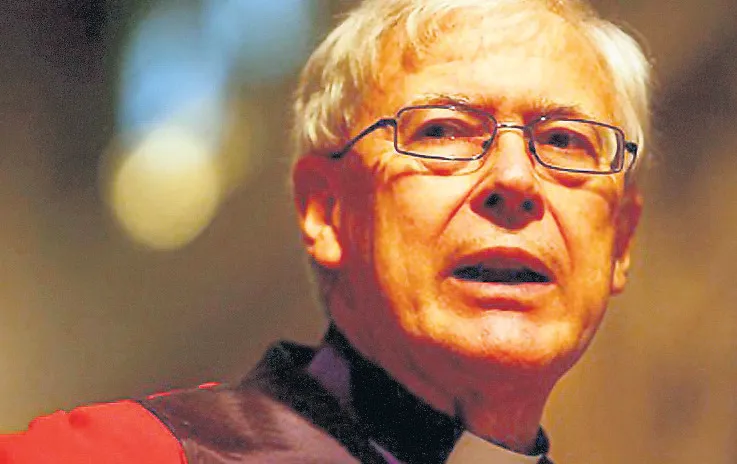Peter Jensen’s sermon from the thanksgiving service for Mike Ovey, at All Souls, Langham Place on 13 March
Here is the world’s stark truth: you are either alive or you are nothing.
For us, in our world, you only live once; make the most of it. Death is the end – it is the great Oblivion, the great Nothing.


